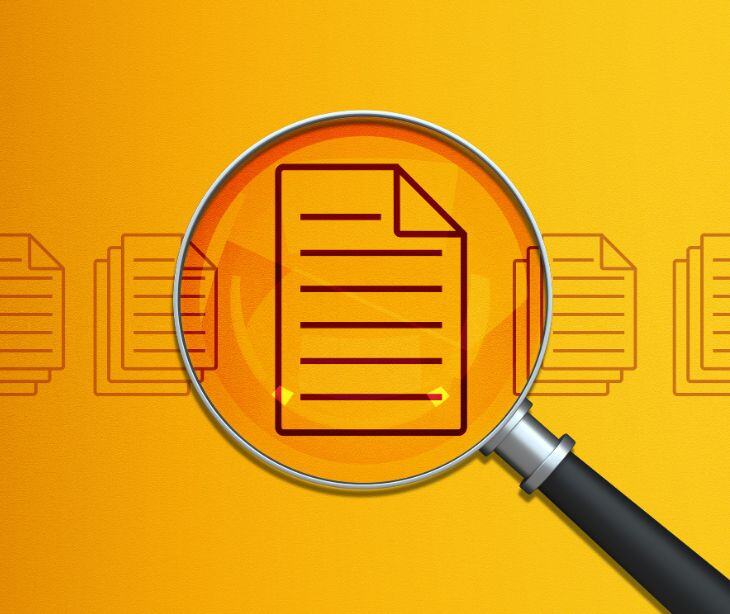2 min read
Using HIPAA compliant forms in the psychiatric admissions process
Kirsten Peremore
June 25, 2024

In the sensitive process of psychiatry admission, HIPAA compliant forms are meticulously designed so that every detail is protected while speeding up the admissions journey.
How does the psychiatric admission process differ from other hospital admissions?
Patients typically require psychiatric hospital admission when their mental health conditions become acute, posing severe impairment in daily functioning or risk to themselves or others. A Frontiers in Psychiatry study on the psychiatry admissions process, “In emergency situations with impending danger to patients or others, and in chronically ill patients—when leaving them untreated would pose a danger to themselves or others—psychiatry has to exert a difficult dual mandate, balancing mental health care for the individual patient with his right to autonomy and the protection of others.”
Unlike regular hospital admissions, which primarily address physical ailments through medical and surgical interventions, psychiatric admissions focus intensely on mental health. They involve comprehensive psychiatric evaluation, continuous mental health monitoring, therapeutic interventions, and medication management under 24-hour supervision. This specialized care helps in stabilizing patients in a safe, supportive environment.
Admission forms and their role in the process
Voluntary hospital admission happens when a patient chooses to go to the hospital for treatment, understanding and agreeing that they need care. Compulsory hospital admission, on the other hand, occurs when a patient is admitted without their consent because they are deemed a risk to themselves or others and are unable to make safe decisions about their care.
In both cases, HIPAA compliant forms serve the following purpose:
- Forms collect data about the patient, including medical history, psychiatric symptoms, current medications, and previous treatments.
- Admission forms serve as legal documents that record the patient’s consent to receive treatment (in the case of voluntary admissions) or the justification for treatment without consent (in compulsory cases).
- These forms help ensure that the hospital and medical staff comply with legal and ethical standards.
- By providing a standardized set of information, they ensure that everyone involved has access to the same data.
The way these forms are sent or delivered can vary depending on the type of admission. In voluntary admissions, patients often have the capacity to handle their paperwork directly, meaning they can receive forms through HIPAA compliant emails or directly fill them out in the hospital. For compulsory admissions, where patients might not be in a position to manage their documents, the forms are typically handled by medical professionals or legal guardians.
Best practices
- Use digital signature platforms that comply with the U.S. Electronic Signatures in Global and National Commerce Act (ESIGN) and the Uniform Electronic Transactions Act (UETA), as well as HIPAA.
- Provide initial psychiatric assessments prior to hospital admission in order to reduce unnecessary admissions.
- Use automated data entry systems to reduce manual handling of sensitive information.
- Ensure that admission forms are fully integrated with the hospital’s electronic health records (EHR) system.
- Tailor admission forms to meet the specific needs of psychiatric patients. Include sections relevant to mental health history, current medications, and consent for mental health treatments.
- Provide detailed explanations of the consent process using multimedia tools like videos or interactive guides to ensure patients and their families understand what they are agreeing to.
- Use secure messaging services like HIPAA compliant email or text messaging to communicate with patients and families post admission.
See also: Top 12 HIPAA compliant email services
FAQs
Who provides consent during a compulsory psychiatric admission?
During a compulsory psychiatric admission, consent is typically provided by a legal authority or a court order, rather than the patient themselves.
What makes a signature HIPAA compliant?
A signature becomes HIPAA compliant when it's secure and verifiable to protect patient information.
What is an EHR?
It is a digital version of a patient's paper chart, containing the patient’s medical history, diagnoses, medications, treatment plans, immunization dates, allergies, radiology images, and laboratory and test results.
Subscribe to Paubox Weekly
Every Friday we'll bring you the most important news from Paubox. Our aim is to make you smarter, faster.



